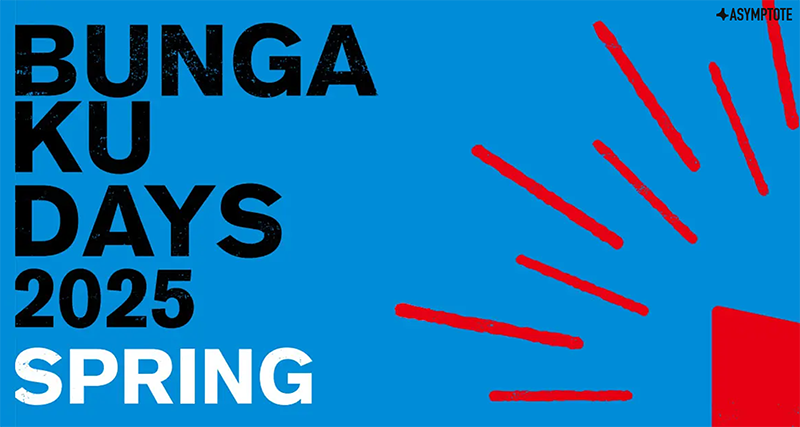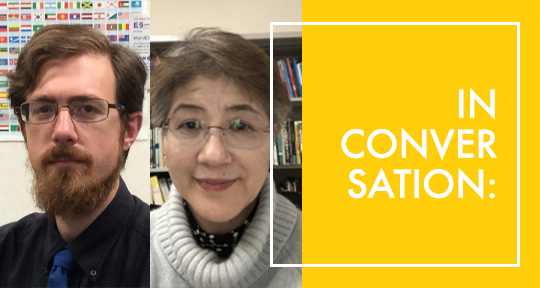Bungaku Days, an annual event presented by the Japanese Literature Publishing Project, is comprised of a symposium of topical discussions surrounding Japanese writing, as well as an award ceremony for the organization’s International Translation Competition. This year, translators, writers, and literati gathered in Kyoto to discuss the craft of translation and recognize new achievements in the field, with various experts dispensing knowledge of both the creative and the logistical matters of international literature. Here, Mary Hillis reports on the goings-on of this year’s edition.
In At the End of the Matinee by Keiichiro Hirano (tr. Juliet Winters Carpenter), the character Makino recalls when he first understood how to breathe life into his classical guitar performances: “Music is born in opposition to the beauty of silence; the creation of music lies in the attempt to use sound to bring about new beauty that contrasts with the beauty of silence.” Just as music relies on silence to give it shape, literature rests on pauses, echoes of history, interstices where interpretation takes root. In bringing Japanese literature to a wider audience, it is necessary to bridge these gaps, not merely by transferring language but by truly transforming it. Whether in rendering nuance across cultures, adapting novels into visual media, or retranslating classical works, translators often dwell in the space between the lines.




